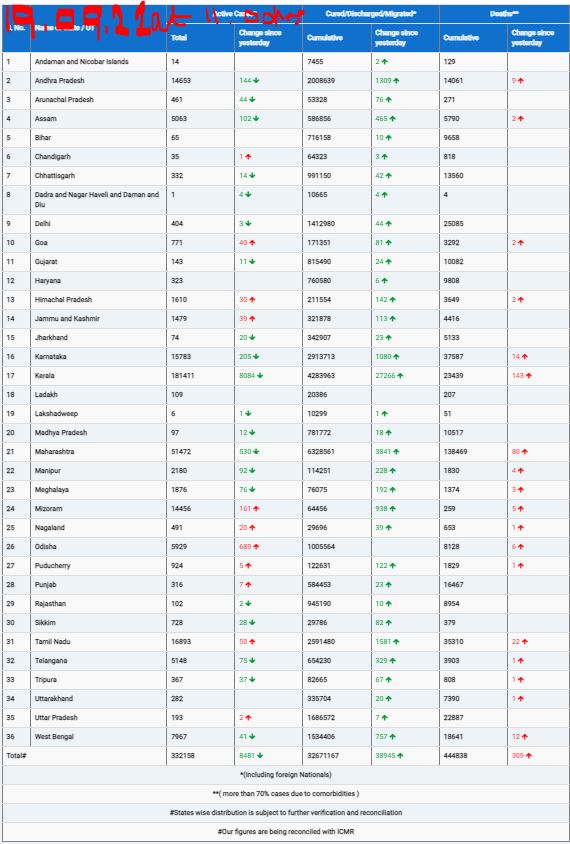Teenagers who use cannabis are at an 11 times higher risk of developing a psychotic disorder, according to a study published Wednesday in the journal Psychological Medicine. This research is the first to establish a clear age-dependent link between self-reported cannabis use and subsequent diagnosis of psychotic disorders.
The study, led by Andre McDonald, a postdoctoral fellow at Medicinal Cannabis Research at McMaster University, underscores the heightened vulnerability of adolescents to the effects of cannabis. “We found a very strong association between cannabis use and risk of psychotic disorder in adolescence. Surprisingly, we didn’t find evidence of association in young adulthood,” McDonald stated.
Analyzing data from over 11,000 youths in Ontario, the researchers found that most teenagers diagnosed with a psychotic disorder had a history of cannabis use. This finding is consistent with the neurodevelopmental theory that teenagers are particularly susceptible to the adverse effects of cannabis.
The study’s implications are significant, particularly as the availability of commercialized cannabis products with higher tetrahydrocannabinol (THC) content increases. THC, the psychoactive compound in cannabis, is known to impair cognitive functions such as thinking, learning, and memory. It can also induce anxiety, panic, paranoia, elevate heart rate, and increase blood pressure.
“The stronger association between cannabis use and psychotic disorders than previously indicated by research raises new concerns,” McDonald added. The study emphasizes the need for targeted prevention strategies to address early cannabis use among teenagers.
As the conversation around cannabis legalization and regulation continues, this study highlights the importance of educating youth about the potential risks associated with cannabis use. The findings call for public health initiatives and policies aimed at reducing cannabis consumption among adolescents to mitigate the risk of developing severe mental health issues later in life.











